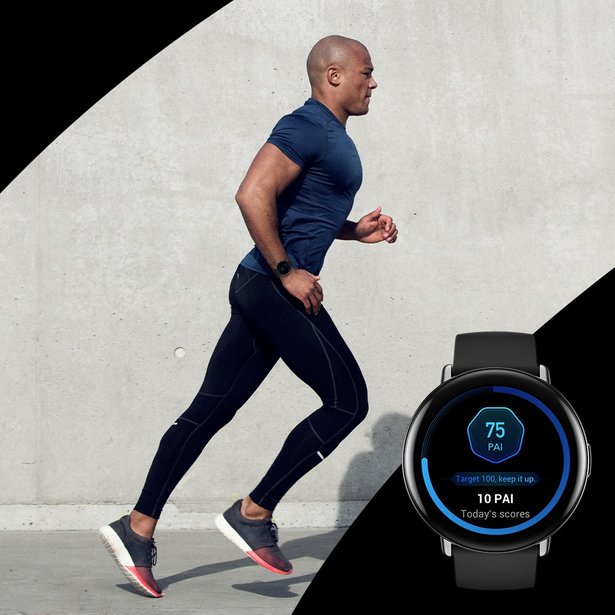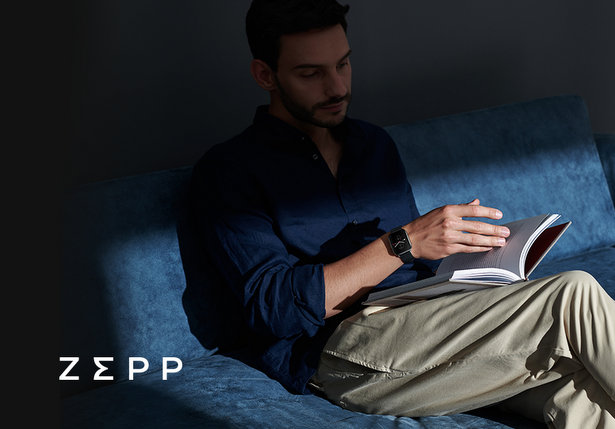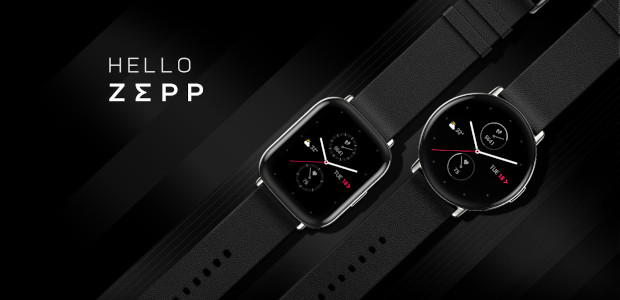Zepp launches digital Lullaby Generator with Swedish creative masterminds, Dinahmoe zepplullaby.com

YouTube : Facebook : Twitter : Instagram
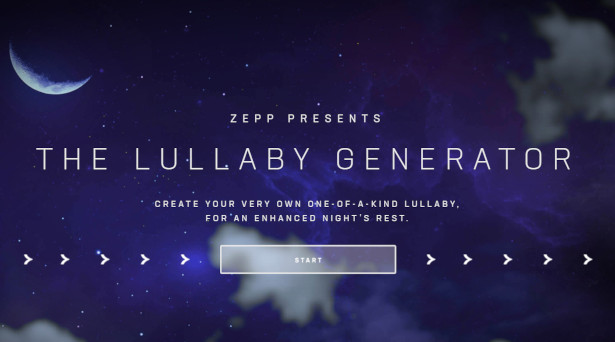
• Global Sleep Study reveals 89% of respondents globally agreed that listening to calming music can help with sleep, with Beethoven’s Moonlight Sonata the most popular tune, followed by Chopin’s Nocturne Number 2 in the UK
• Zepp launches Lullaby Generator that creates tailor-made music for an enhanced night’s rest zepplullaby.com
Zepp, a professional-grade wearable brand empowering the digital management of personal well-being, today launched a digital Lullaby Generator with Swedish creative masterminds, Dinahmoe.
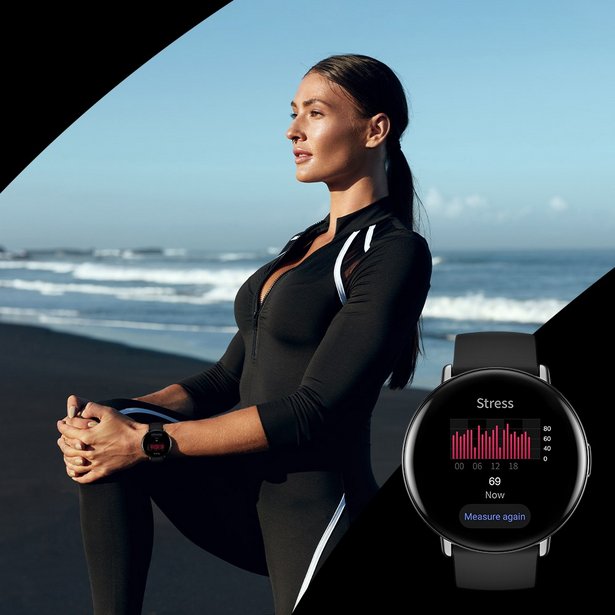
The free-to-use Lullaby Generator will help users create tailor-made music based on their very own sleep patterns for an enhanced night’s rest. Existing Zepp users can login to share their sleep metrics and automatically produce a unique and personalised lullaby. Non-Zepp users can also participate by answering a series of questions about their sleep habits.
As a champion for personal wellbeing, products and programs from Zepp are aimed at helping consumers track their sleep as they embark on their journey towards healthier sleep. To generate your personalised lullaby, visit zepplullaby.com
Music as a beside aide
The launch of the digital Lullaby Generator follows a Global Sleep Study revealing 89% of all respondents believe that listening to calming music can help with sleep, with Beethoven’s Moonlight Sonata, completed in 1801 and one of the composer’s most popular piano pieces, the musical soundtrack that emerged in the poll as most likely to send Brits to sleep at bedtime.
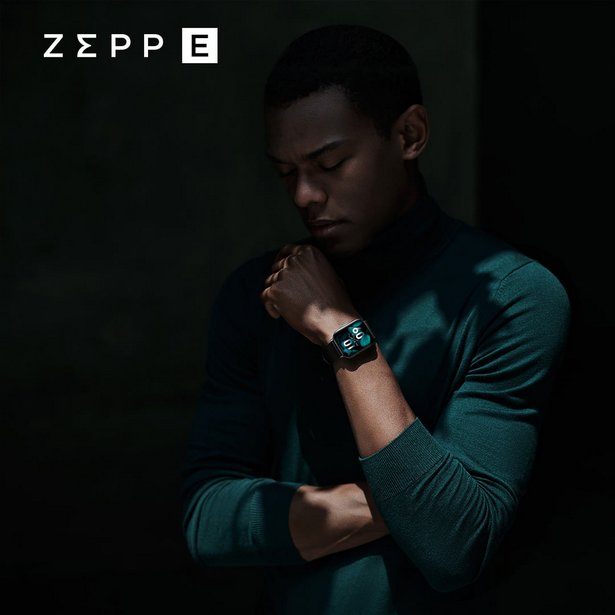
A fifth (20%) of UK respondents said it was the track that always helped them drop off, while in second place (14%) was Chopin’s instantly recognisable Nocturne Number 2, the composer’s most famous piece which was finished in 1830. Classical music was the genre found to be most effective at helping people sleep soundly, followed by pop and country or folk music.
Sleepless Nights
With Brits sleeping less and worrying more, the average person estimated that they are losing two hours of sleep per night concerned about the pandemic and only managing to get a meagre six hours of sleep in.
37% of UK respondents admitted they are utterly sleep deprived, with the data revealing that lockdown has played havoc with the nation’s sleeping patterns. A quarter (24%) have found it harder to sleep over the past six months and one in five (20%) claim their normal routine is all over the place. Over a quarter (27%) of the UK admitted to becoming night owls, whilst 15% of the nation are now napping during the day.
The biggest cause for tossing and turning at night is believed to be due to woes about the gloomy economic outlook, with 40% worrying about money, followed by work (34%), COVID-19 (27%), whilst 24% worry about their partner as well as children and their schooling (19%).
Coping in a Pandemic World
With UK respondents revealing they would love to get an extra 3.2 hours of snooze time in per night, they also express that they are actively taking measures to help themselves sleep better in this time. Three in 10 revealed they are now reading before bed to help wind down, a quarter (25%) are avoiding caffeine in the evenings, and a fifth (20%) are making an effort to go to bed at the same time every night. 14% of UK respondents confess to have turned to mediation to aid with sleep, while eight percent use podcasts to help them nod off.
Globally, 60% of respondents who have worn wearables to bed say it makes them aware of their lack of sleep. Data from wearables are believed to have helped respondents work out the exact number of hours of sleep they have, and improve their sleeping patterns.
Dr. Lourdes DelRosso, Co-chair of World Sleep Day, World Sleep Society said: “By tracking sleep, you will have a better understanding of if you are achieving the three components of healthy sleep—duration, or the length of sleep, continuity, meaning sleeping without fragmentation, and depth, which is sleep deep enough to be restorative.”
“It’s a step in the right direction that companies like Zepp are asking questions that make people more aware of sleep behaviours across cultures and more conscious of sleep issues that impact the world.”
A Good Night Sleep
The study found that, after a good night’s sleep, more than one in two (54%) of adults said they feel energised, 48% believed their brain was noticeably sharper and nearly a third (31%) reckon they perform better at work. Being less snappy with people (44%), feeling less anxious (31%) and being generally happier (49%) were also identified as benefits of a peaceful night’s sleep.
Sleep Tracking Features of Zepp Smartwatches
In August, Zepp launched a stylish line-up of wearables designed with wellness in mind. The all-new Zepp E series leverages the power of artificial intelligence (AI) and cutting-edge technology to convert vital health statistics into actionable insights that help users effectively monitor their physical and mental wellbeing.
Equipped with robust sleep tracking technologies and features, Zepp smartwatches are set to become consumers’ best sleeping companion. State of the art sleep tracking measures users’ sleep status, including light sleep, deep sleep, Rapid Eye Movement (REM) and awake time, even monitoring 20-minute daytime naps during the day, providing users with overall sleep scores to help them measure the quality of their sleep and breathing.
For detailed product specifications and more information, visit www.zepp.com.
